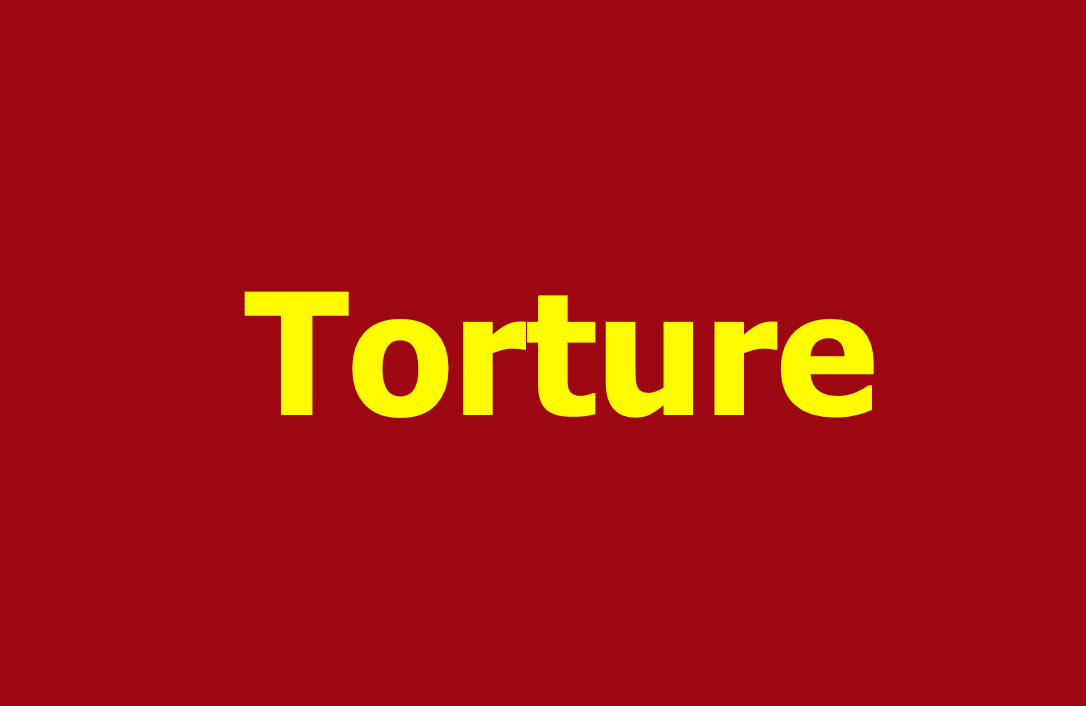When silence hurts-suffering in the shadows.
The torture in Saydnaya Prison is horrific; the torture of those suffering from severe COVID-19 vaccine injuries is no different. The effects on the person are the same.
I wrote this for Fiona.
The atrocities committed at Saydnaya Military Prison in Syria under the regime of Bashar al-Assad and the suffering endured by individuals severely affected by adverse reactions to COVID-19 vaccines appear, at first glance, to be vastly different in nature and context. One is an example of deliberate systemic oppression, while the…
Keep reading with a 7-day free trial
Subscribe to Ian Brighthope's Substack to keep reading this post and get 7 days of free access to the full post archives.




